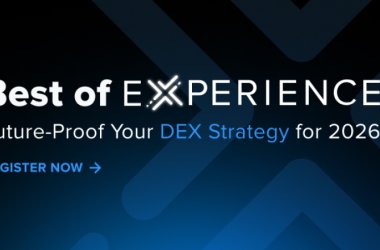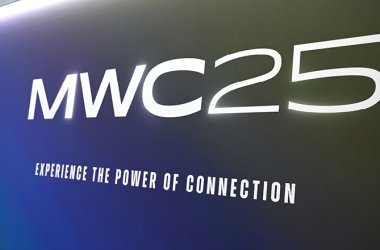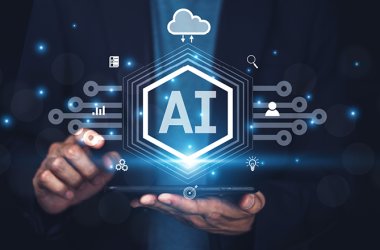
Nidal Abou Ltaif – Chief Transformation & Revenue Officer- TeKnowledge outlines that the conversation around AI and the future of work has never felt more urgent in light of the recent discussions in Davos.
We’ve heard the predictions—85 million jobs displaced by automation by 2025, but 97 million new ones created (World Economic Forum). These numbers tell a story of transformation, but they don’t capture the personal reality for millions of workers wondering: Where do I fit in an AI-powered world?
AI is Nothing Without People
AI has the power to drive efficiency, unlock new opportunities, and solve complex challenges. But at its core, technology is only as valuable as the people who shape, manage, and benefit from it. Right now, the skills gap is widening—nearly 60% of workers will need significant upskilling in the next three years . The real risk isn’t that AI will take jobs; it’s that we won’t move fast enough to equip people with the skills they need to thrive.
Companies investing in AI adoption see higher productivity and stronger growth, but many still fail to prioritise human capital as the key enabler of AI’s success. The most forward-thinking organisations understand that AI isn’t just about automation—it’s about augmenting human potential, freeing people from repetitive tasks, and creating space for innovation, creativity, and problem-solving.
Bringing Humanity Back to the AI Debate
The impact of AI isn’t theoretical—it’s deeply personal. For many, AI represents uncertainty: Will I be replaced? Can I adapt? Do I have a future in this new world of work? These are real concerns that demand a more empathetic, people-first approach.
It’s not enough to tell workers to reskill; businesses and governments must actively invest in AI education, create accessible pathways for digital upskilling, and ensure that AI-driven change is inclusive, not exclusive. Right now, less than half of companies have a concrete plan to reskill their workforce (McKinsey). That needs to change.
A Davos Call to Action
If we want AI to drive progress, we need to focus on three critical areas:
- Massive investment in digital skills and lifelong learning, ensuring workers aren’t left behind.
- Stronger collaboration between governments and businesses, creating structured transitions into AI-driven jobs.
- A responsible approach to AI adoption, where technology is designed to support, not replace, human expertise.
The future of AI is about humans and technology working together, with people at the centre of innovation. As Davos sets the agenda for global progress, one thing is clear: our greatest asset in an AI-powered world are the people who will make it work.
Image Credit: Stock Image





